Professional Battery Solutions for Medical Monitors
Reliable power for your medical monitoring equipment, ensuring continuous operation, patient safety, and stable performance in all clinical scenarios.
The Application of Medical Monitors
Medical monitors are widely used in hospitals, ICU units, emergency care, operating rooms, ambulances, home healthcare, and mobile medical environments.
In hospital settings, monitors provide real-time tracking of vital signs, supporting continuous patient assessment and critical decision-making.
In emergency and ambulance applications, portable monitors rely on stable battery systems to ensure uninterrupted operation during patient transport.
In home healthcare, monitoring devices allow patients with chronic diseases to receive continuous observation and alerts, improving safety and quality of life.
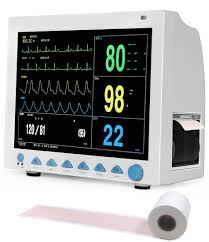
Medical monitors play an essential role in modern healthcare, where equipment reliability and uninterrupted data tracking are critical. As demand for portable, high-accuracy, and long-runtime monitoring devices increases, the need for safe, durable, and high-performance battery systems grows rapidly.
LargePower specializes in delivering advanced lithium battery solutions tailored for medical monitors. Our batteries offer long cycle life, fast charging, stable voltage output, and intelligent safety management to ensure continuous monitoring in all medical environments.
Main Product Categories
Our industry-leading lithium battery solutions for medical monitors are widely applied in hospitals, emergency medical services, ICU/CCU wards, surgical centers, and mobile monitoring devices. Strategic partners include global medical equipment manufacturers, ensuring reliable performance, long-lasting power, and seamless integration for diverse medical monitor applications.
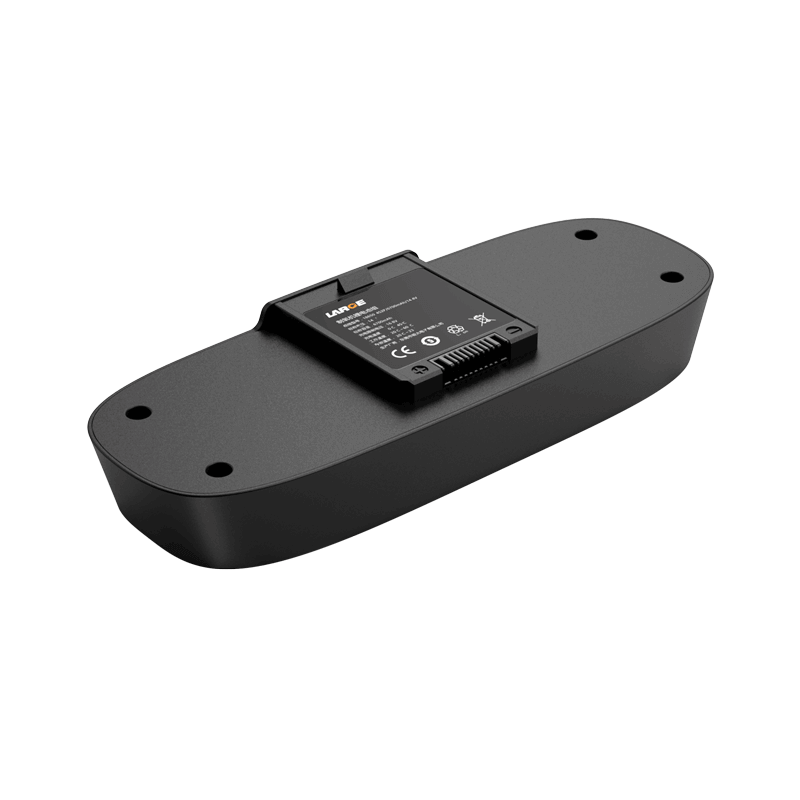
18650 14.4V 6700mAh lithium battery pack for oxygen concentrators
Our custom low-temperature batteries are designed to perform in extreme cold conditions, ensuring reliable power output for your specific application needs.
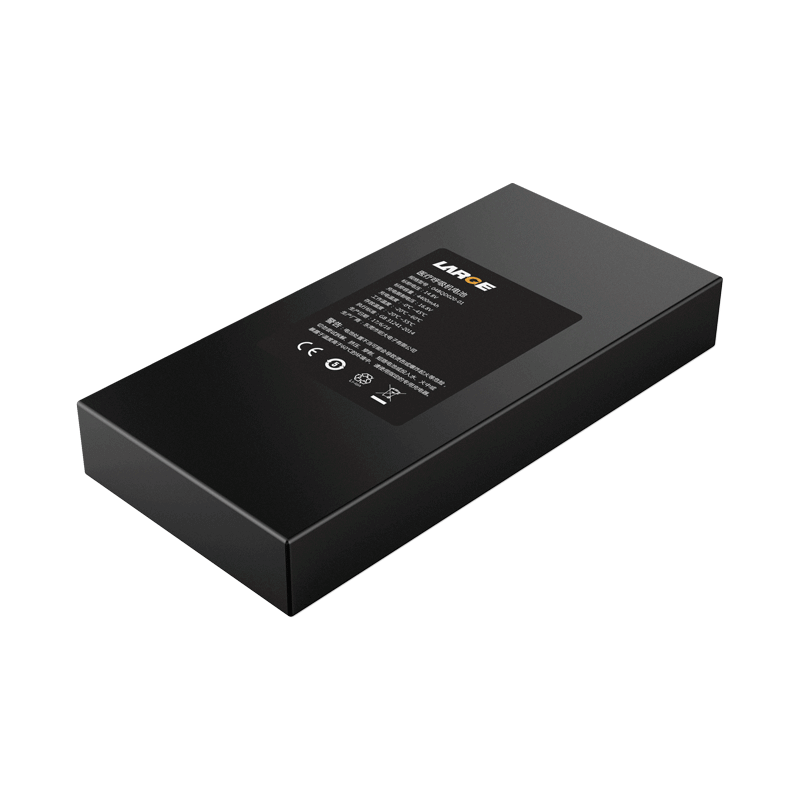
14.8V 4400mAh 18650 medical ventilator ternary lithium battery
14.8V 4400mAh lithium battery pack with UR18650 cells, compact 155×75×22mm design, reliable GB/T 18287-2000 standard, stable power for devices.
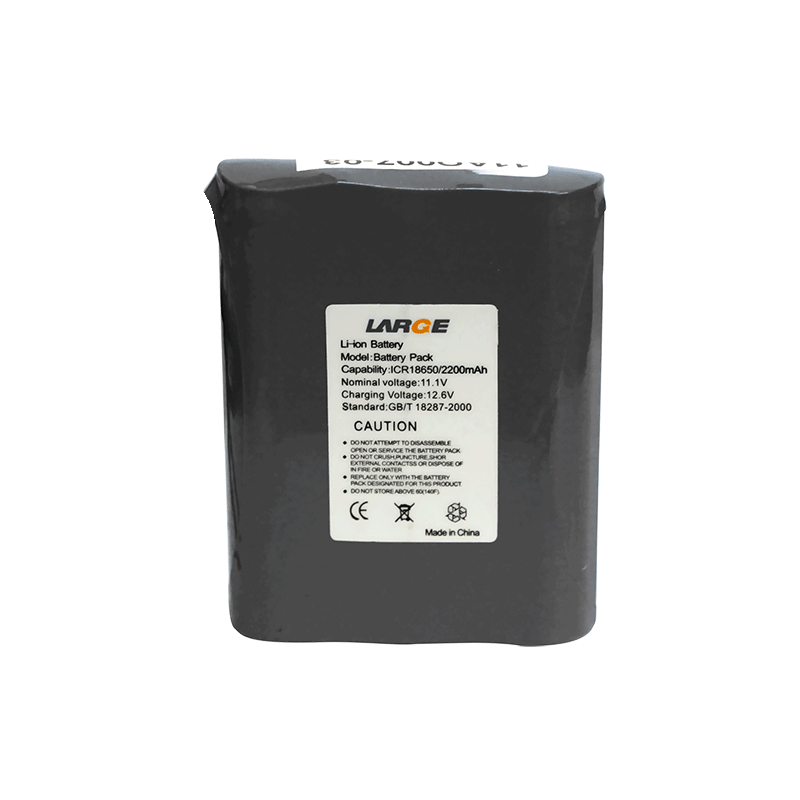
11.1V 2200mAh 18650 lithium battery pack for respirators
11.1V 2200mAh lithium battery pack, compact 71×56×19mm, reliable 18650-3S1P design, GB/T 18287-2000 standard, stable power and safe storage.
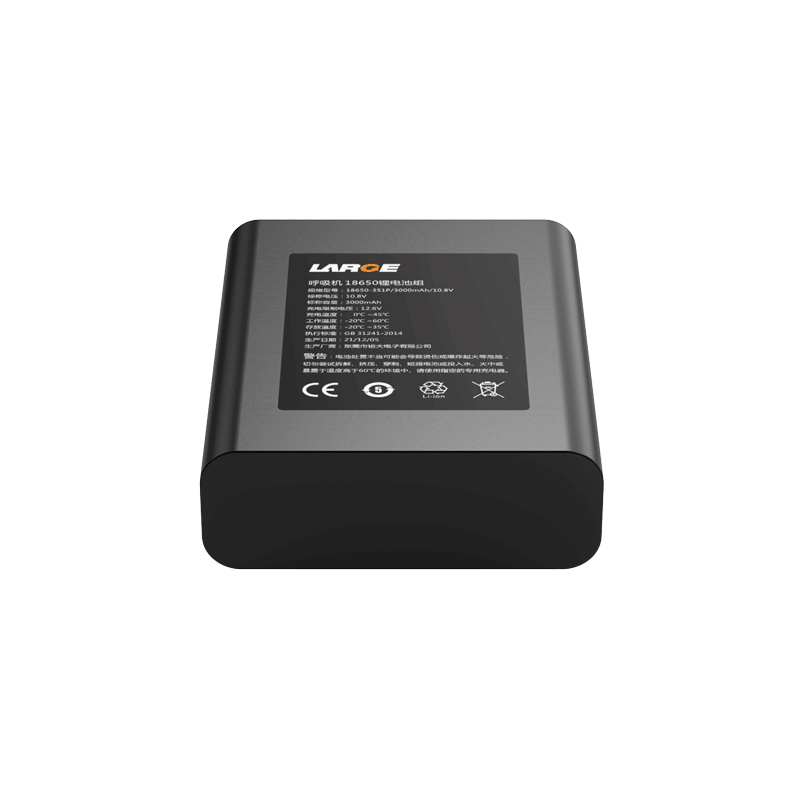
10.8V 3180mAh breathing machine 18650 lithium battery pack
10.8V 3180mAh lithium battery pack with NCR18650BD cells, 160g compact design, smart BMS protection, reliable power solution for ventilators.
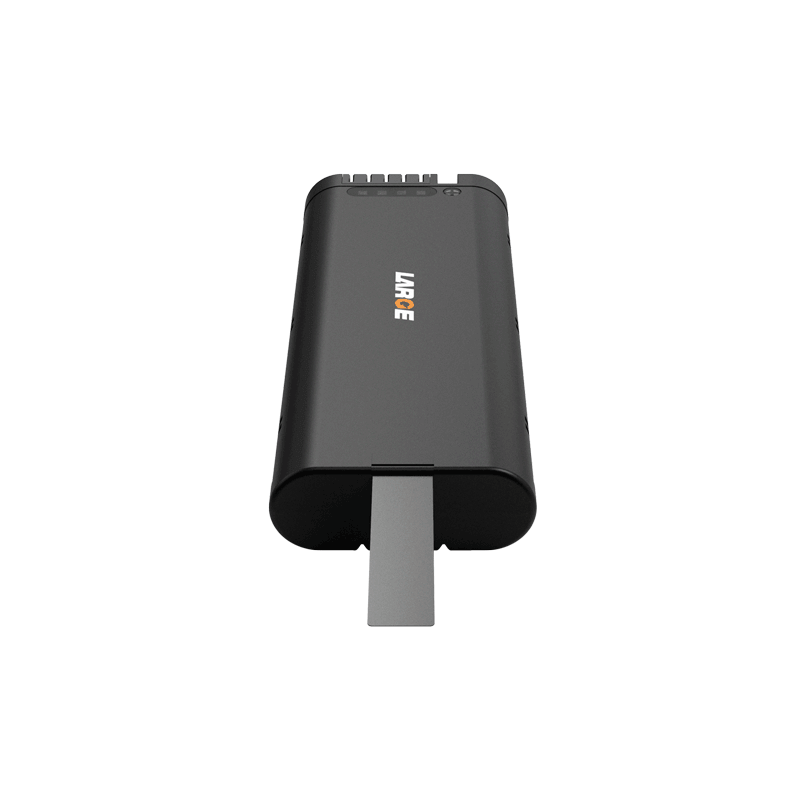
10.8V 6.4Ah 18650 Samsung medical ventilator ternary lithium battery pack
10.8V 6.4Ah medical ventilator lithium battery pack, industrial-grade casing, SMBus communication, high-safety 18650 cells, stable power and long cycle life.
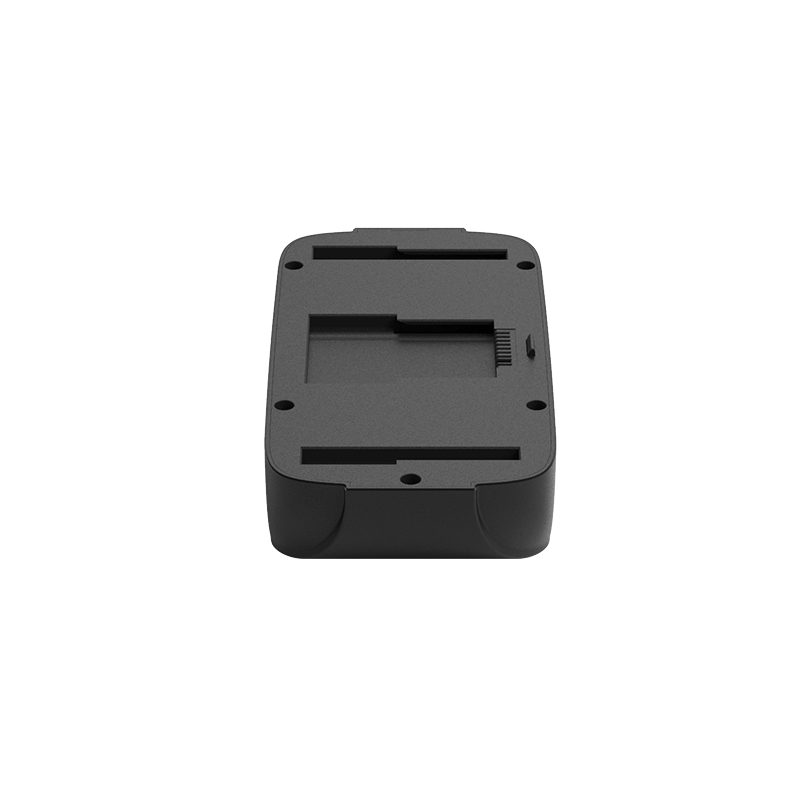
18650 14.4V 6.7Ah Breathing Machine Lithium Battery Pack
14.4V 6.7Ah lithium battery pack with 18650 cells, SMBUS communication, advanced BMS protection, long cycle life, ideal for ventilators and handheld medical devices.
Why Choose LargePower Medical Monitor Batteries
Medical-Grade Safety
ISO13485-compliant and certified to IEC60601-1 safety standards, ensuring reliability for clinical and emergency use.
Extended Runtime
High-energy-density batteries designed for medical monitors, supporting 6–12 hours of continuous monitoring depending on device configuration.
Multiple Safety Protections
Built-in overcharge, over-discharge, overcurrent, short-circuit, and temperature protection to safeguard patients and clinical equipment.
Smart Power Management
Accurate remaining-power indication and intelligent alarms prevent unexpected shutdowns during surgeries or critical monitoring.
Fast Charging Technology
Achieves full capacity in 2–3 hours, meeting rapid turnaround needs in emergency and ICU environments.
Low Noise & EMC Compatibility
Optimized circuitry reduces electromagnetic interference, ensuring safe operation with sensitive medical monitoring sensors.
Product Comparison
LargePower medical monitor batteries versus standard batteries
| Feature | LargePower Medical Monitor Battery | Standard Lithium Battery | Advantage |
|---|---|---|---|
| Safety Certification | ISO13485, IEC60601-1 | No medical-grade certification | Meets medical device standards |
| Cycle Life | 1500+ cycles | 500–800 cycles | +100% longer life |
| Runtime | 6–12 hours | 3–5 hours | Up to 2× longer monitoring time |
| Charge Time | 2–3 hours | 4–6 hours | 50% faster charging |
| Safety Protection | Full multi-layer protection | Basic protection only | Enhanced clinical safety |
| EMC Compatibility | Low interference, stable with sensors | May cause signal interference | Safe for medical monitoring accuracy |
WHAT OUR PARTNERS SAY
Join the Medical Monitor Power Revolution
Are You Ready To Upgrade Your Medical Monitor Project?
We perform comprehensive tests on medical monitor systems and core power modules to ensure stable operation, accurate data transmission, and long-term clinical reliability. Supported by a robust supply chain, we ensure consistent delivery—where customization meets advanced medical technology.
Relevant Guidelines
Medical Monitor Battery faq
Ordering a custom medical battery typically involves sharing the required voltage, capacity, discharge current, dimensions, and compliance needs with the manufacturer. After technical confirmation, most suppliers proceed with design drawings, prototyping, testing, and production.
Companies with experience in medical power systems—such as LargePower, which develops custom lithium solutions for monitoring and diagnostic devices—usually guide customers through each step to ensure regulatory and performance requirements are met.
Medical devices often require compliance with standards such as:
-
IEC 60601-1 (general safety for medical electrical equipment)
-
IEC 62133 (battery safety requirements)
-
UN38.3 (transport test)
-
RoHS and REACH
Engineering-focused manufacturers typically provide full documentation and test reports when supplying batteries for patient monitors and diagnostic devices.
Both options are viable, but custom batteries are usually preferred when devices have unique size constraints, require high energy density, or must meet specific regulatory requirements.
Off-the-shelf batteries are more accessible but may lack precise fit or required certifications. Many healthcare equipment integrators use custom packs when designing new medical monitors to ensure compliance from the beginning.
Yes. Lithium-ion packs are widely used in portable ECG units, vital signs monitors, and bedside monitoring equipment due to their high energy density and low weight.
Manufacturers specializing in custom lithium packs—such as LargePower—often publish detailed product specification sheets listing voltage, capacity, protection circuits, and cycle life for medical applications.
Key criteria include:
-
Experience with medical OEM projects
-
Ability to provide IEC/UN certification
-
Engineering capability for BMS customization
-
Cleanroom or controlled production conditions
-
Long-term consistency and batch traceability
-
Support for prototyping and small-batch runs
This helps procurement teams or biomedical engineers evaluate whether a supplier meets hospital-grade standards.
Top suppliers typically include engineering-oriented lithium battery manufacturers with experience serving medical OEMs.
Review roundups often highlight companies that:
-
Provide custom Li-ion and LiFePO4 solutions
-
Offer UN38.3 and IEC62133 compliance
-
Support long lifecycle and stable discharge performance
Brands like LargePower are commonly referenced in industry discussions for producing custom battery packs used in patient monitors and portable diagnostic devices.
Yes. Many suppliers provide complete power systems, including battery packs, charging solutions, and BMS firmware tailored for 24/7 hospital use.
These solutions are often shared in case studies demonstrating how engineering teams designed batteries for multi-parameter monitors or ICU backup systems.
Prototype cost depends on battery chemistry, enclosure design, BMS complexity, certification needs, and minimum order quantity.
Pricing pages often explain that prototypes may range from low to mid cost due to tooling, certification testing, and engineering hours required for medical applications.
Biomedical engineers frequently discuss third-party or custom battery options for branded hospital monitors on technical forums.
While some suppliers build compatible packs, hospitals must ensure compliance with safety and warranty requirements before using non-OEM batteries.
Lead time usually ranges from 4 to 10 weeks, depending on design complexity, certification needs, and testing requirements.
Manufacturers often address this in FAQ sections because medical device projects must plan production schedules carefully.
Important considerations include:
-
Lightweight, compact pack design
-
High cycle life
-
Stable discharge for precise signal acquisition
-
Over-voltage and temperature protection
-
Compliance with medical electrical safety standards
Technical articles commonly explore these principles for engineers designing new diagnostic devices.
Li-ion provides higher energy density and is suitable for compact portable monitors.
LiFePO4 offers longer cycle life and enhanced thermal stability, which may benefit continuous-use medical devices.
Comparison tables are often used to help engineers weigh energy density, lifespan, safety profile, and device requirements.



